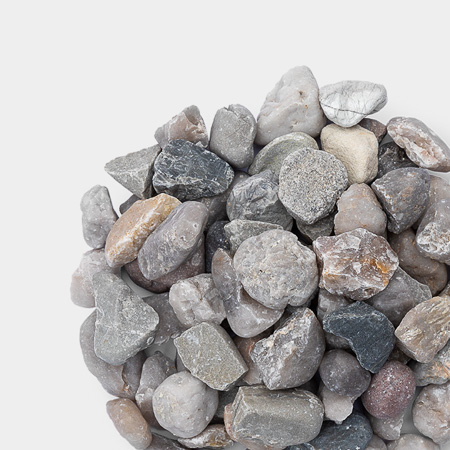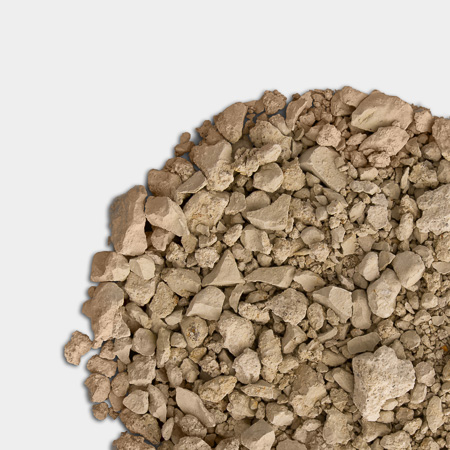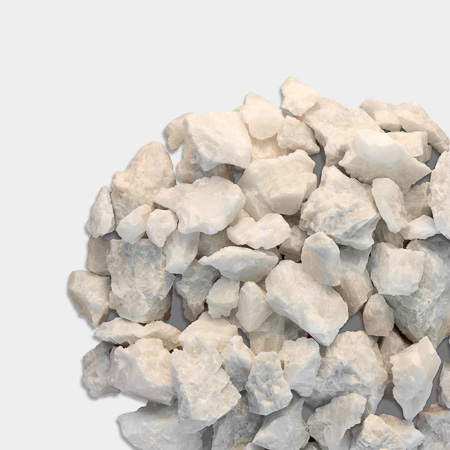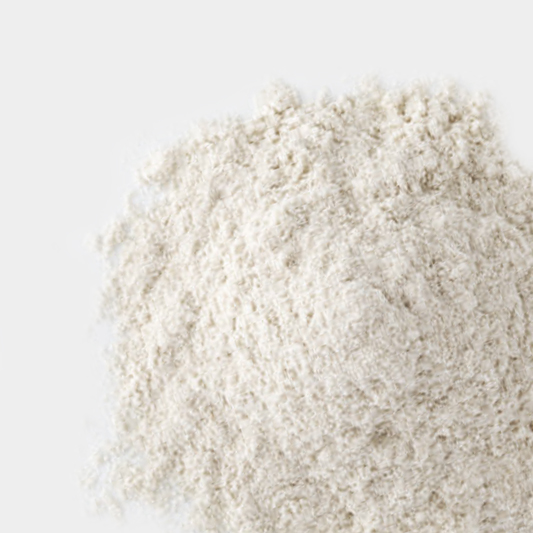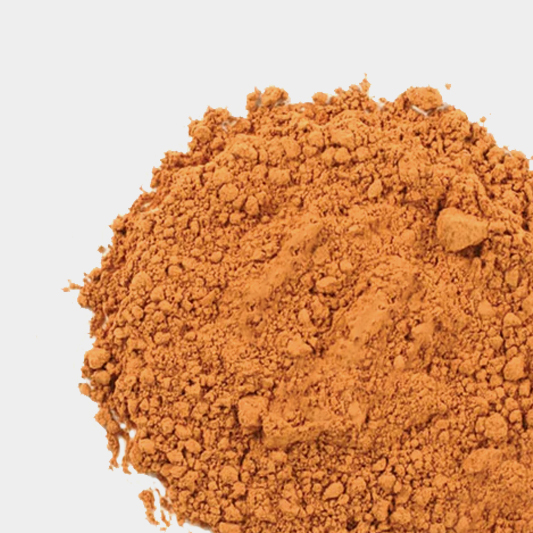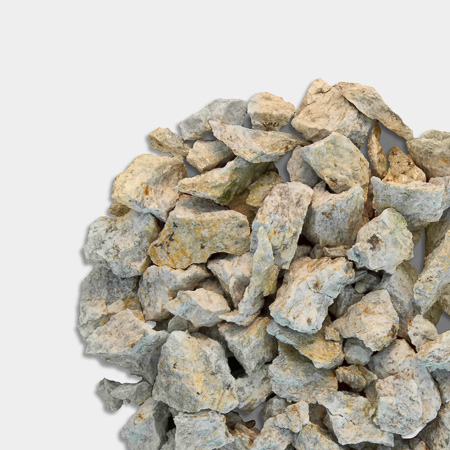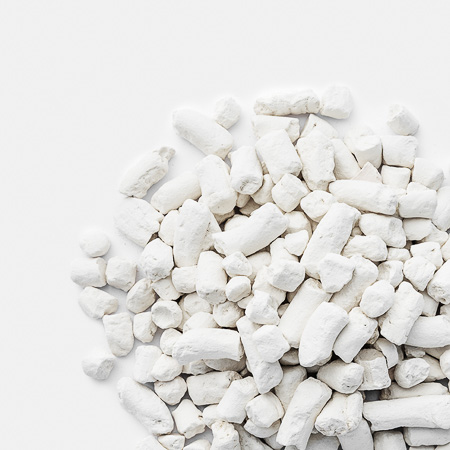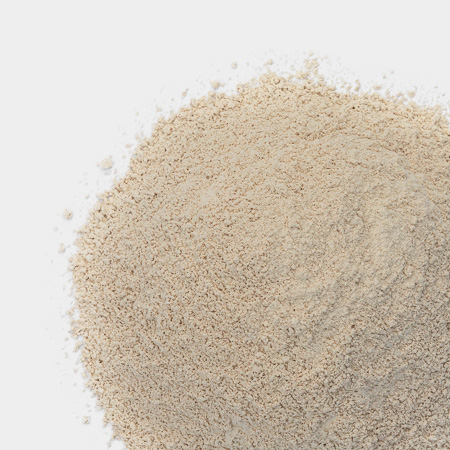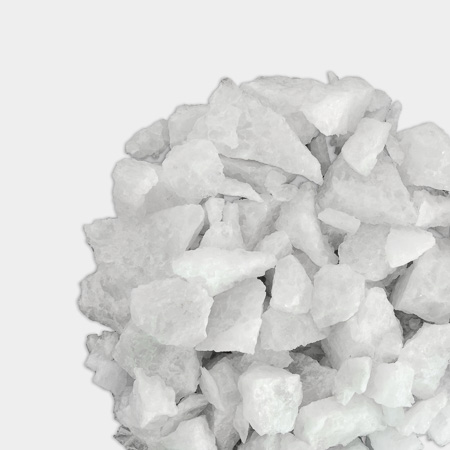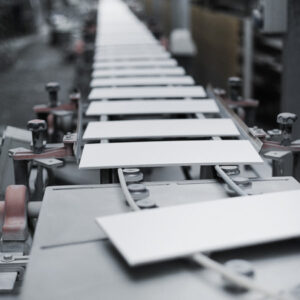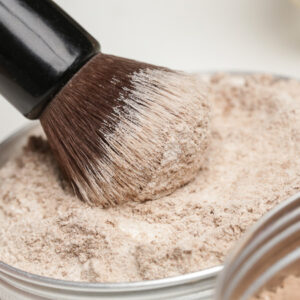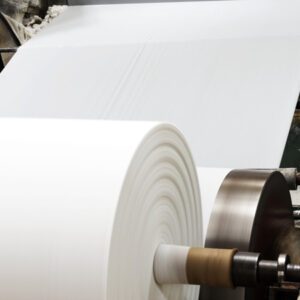For the production of ceramics minerals are needed that meet particularly strict specifications in terms of properties, purity and grain size. They are fused in suitable combinations at high temperatures to obtain the required product.
The production of ceramic tiles relies on a combination of several key raw materials, each contributing unique properties to the finished product. Kaolin, a clay mineral, provides plasticity and whiteness, enhancing the tile’s workability and brightness. Feldspar serves as a flux, lowering the melting temperature of the tile body during firing and promoting vitrification. Clay, another essential component, contributes to the tile’s plasticity and durability, ensuring it can withstand the rigors of daily use. Diatomite may be added to improve the tile’s thermal insulation and reduce weight. Bentonite acts as a binder, aiding in the formation of the tile body and enhancing its strength. Calcium carbonate serves as a filler, reducing production costs and improving the tile’s hardness and abrasion resistance. Quartz, prized for its hardness and durability, may be added to enhance the tile’s resistance to scratches and impacts. Together, these raw materials form the backbone of ceramics production, allowing for a diverse range of designs and applications in both residential and commercial spaces.


